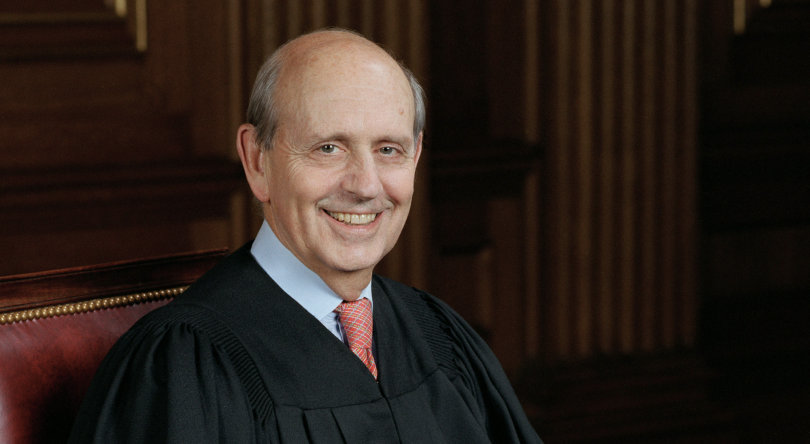By Talia Lissauer
Boston University News Service
When Supreme Court Justice Stephen Breyer announced his retirement on Jan. 27, President Joe Biden said he would honor his campaign promise to nominate a Black woman to the highest court in the United States.
If Biden upholds his promise, and she is approved by the Senate, she will be the first Black woman on the court, the third African American and the sixth woman to serve on the Supreme Court bench.
“I will appoint the first Black woman to the court. It’s required that they have representation now. It’s long overdue,” Biden said in a press conference Jan. 27, standing next to Breyer.
The U.S. Supreme Court has nominated and confirmed 112 people. All but seven have been white men. The first woman, Justice Sandra Day O’Connor, was confirmed in 1981, 191 years after the first court.
Breyer, a left-leaning judge, joined the supreme court 27 years ago after being nominated by former President Bill Clinton. According to his retirement letter, he is set to leave the bench at the end of this term, which should be June or July, as long as a successor has been approved by the Senate.
Breyer’s retirement leaves five men and three women on the court. Five of which are conservative-leaning and two liberal-leaning judges.
Biden confirmed he would follow through with his campaign promise in the press conference. He also said he is hoping to make a decision by the end of February but has not made one yet.
“I’ve made no decisions except one: The person I will nominate will be someone with extraordinary qualifications, character, experience, and integrity, and that person will be the first Black woman ever nominated to the United States Supreme Court,” said Biden.
Senate Minority Leader Mitch McConnell, a Republican from Kentucky, responded to Breyer’s retirement in a statement saying that the people elected a 50-50 Senate and Biden has a mandate to “unite America.”
“The President must not outsource this important decision to the radical left,” McConnell said. “The American people deserve a nominee with demonstrated reverence for the written text of our laws and our Constitution.”
Senate Majority Leader Chuck Schumer said in a statement that Breyer has an impressive history and has contributed to some of the most important decisions in our time including voting rights, environmental protection, women’s reproductive freedom and the Affordable Care Act.
“The Senate will have a fair process that moves quickly so we can confirm President Biden’s nominee to fill Justice Breyer’s seat as soon as possible,” Schumer wrote.
A common path for Supreme Court justices has been to come from the federal appellate court. However, Biden has said he doesn’t consider that to be a prerequisite as there are a very limited number of Black women serving on the appellate court.
Some potential nominees include Ketanji Brown Jackson, who Biden recently appointed to the U.S. Court of Appeals for D.C., California Supreme Court Justice Leondra Kruger and South Carolina U.S. District Court Judge J. Michelle Childs.
Once Biden makes his pick, it is up to the equally split Senate to approve. The nominee will only need 50 votes in the Senate as Vice President Kamala Harris will be the tiebreaker. Democrats hope to get this pick through before the midterm elections in November as Republicans have a chance to take back the Senate.
The typical nomination takes two to three months to be approved. However, the last nomination, Amy Coney Barrett, took only a month and a half as Republicans rushed to get her approved by the election.





